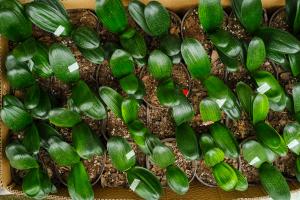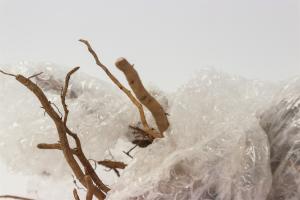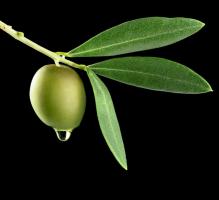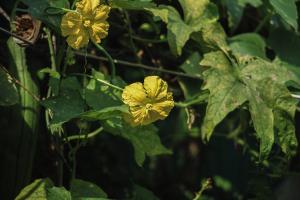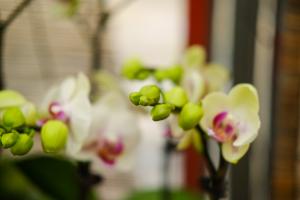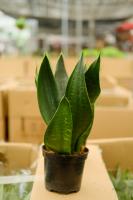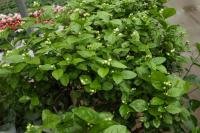Gangzhu
Phyllostachys pubescens, also known as Phyllostachys pubescens, is a perennial fruit bearing plant. It blooms only once in its life. After flowering, the vegetative body will die naturally, which will cause the withering of the whole bamboo forest. Phyllostachys pubescens is native to China and distributed in the Yellow River and Yangtze River Basins in China. The culm of Phyllostachys pubescens is 10-15m high and about 10cm in diameter. There is no bud in each section under the branch, and the culm ring is flat, but each section of the branch is uplifted, and the leaves are lanceolate, flat and drooping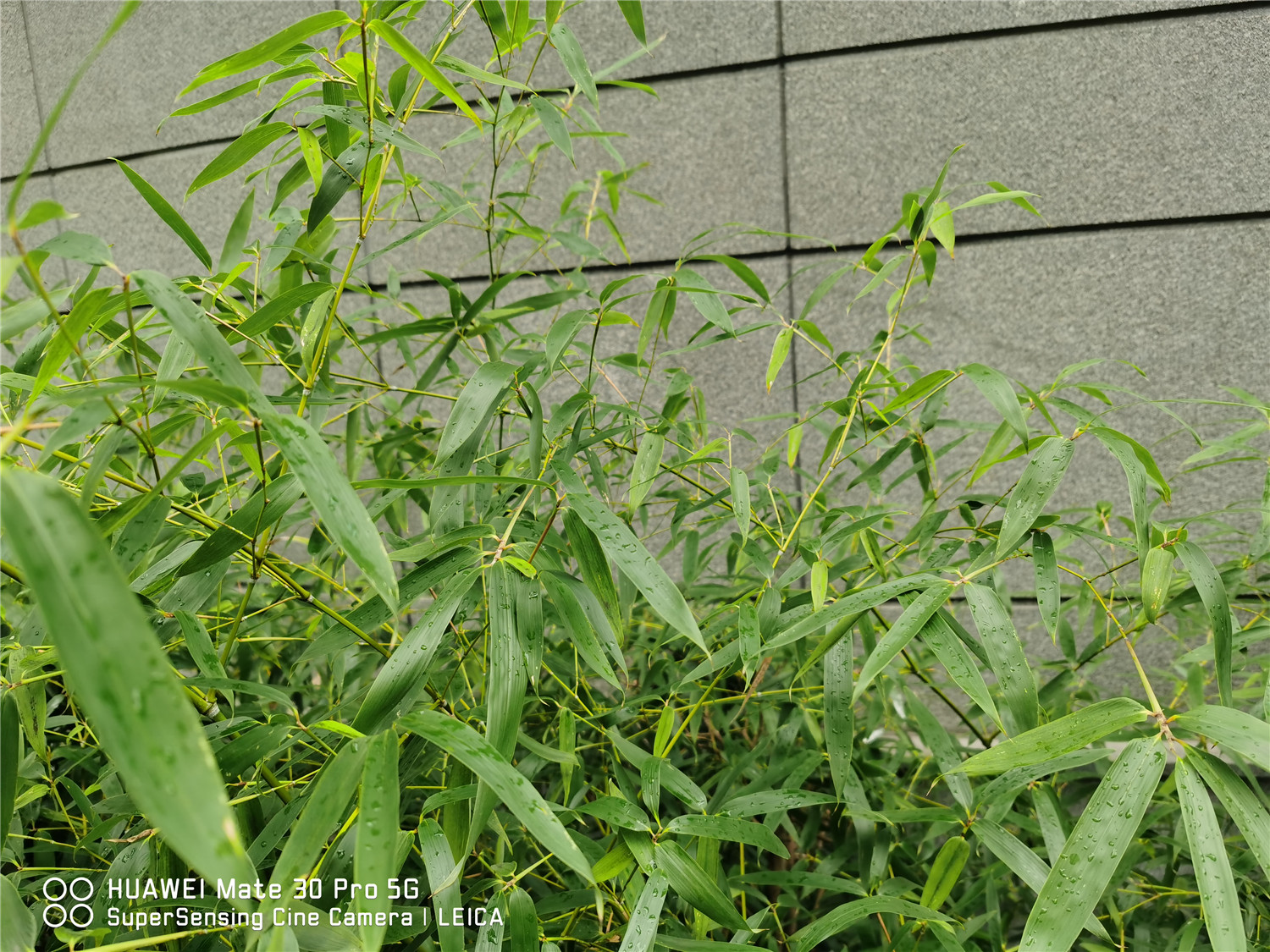
Mottled bamboo
the obvious feature is that there are purple brown spots on the stem. It is also called Xiangfei bamboo because of the legend in the natural history of the Jin Dynasty. The bamboo stalk is 7-13m high and 3-10cm in diameter. In fact, mottled bamboo is not a species of bamboo. It is a plaque formed on the surface of bamboo after bacteria erode it. Bamboo stalks can be used as crafts and materials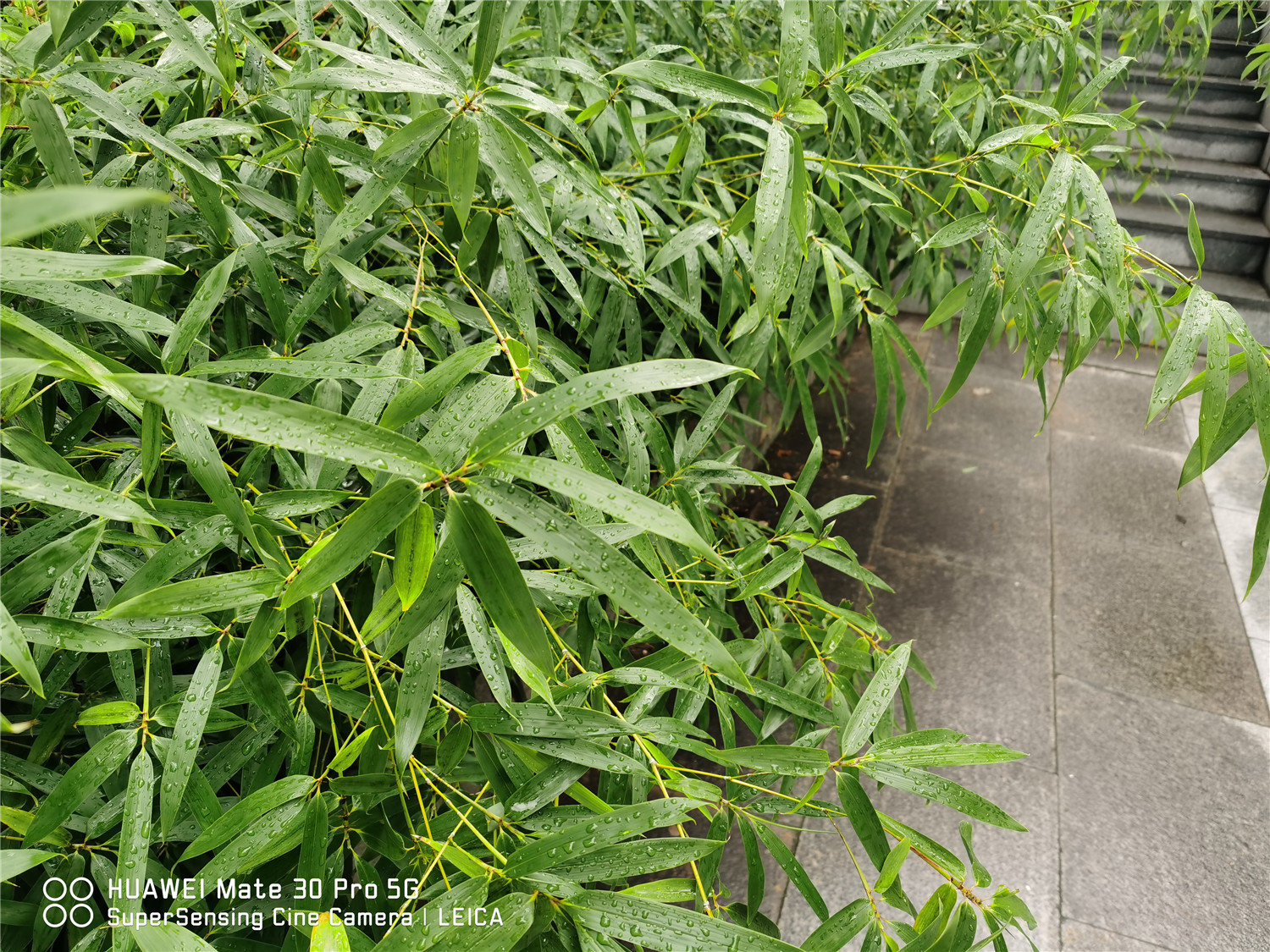
Arrow bamboo
Arrow bamboo is also called slippery bamboo because its stem is straight and its wall is smooth. Arrow bamboo is mostly distributed in Sichuan, Yunnan and Hubei. It is a favorite food for giant pandas. Arrow bamboo is thick and thick. It is mostly used to make pen holders, chopsticks and basket scaffolds. The main raw material for extracting Phyllostachys pubescens and Phyllostachys pubescens is Phyllostachys pubescens
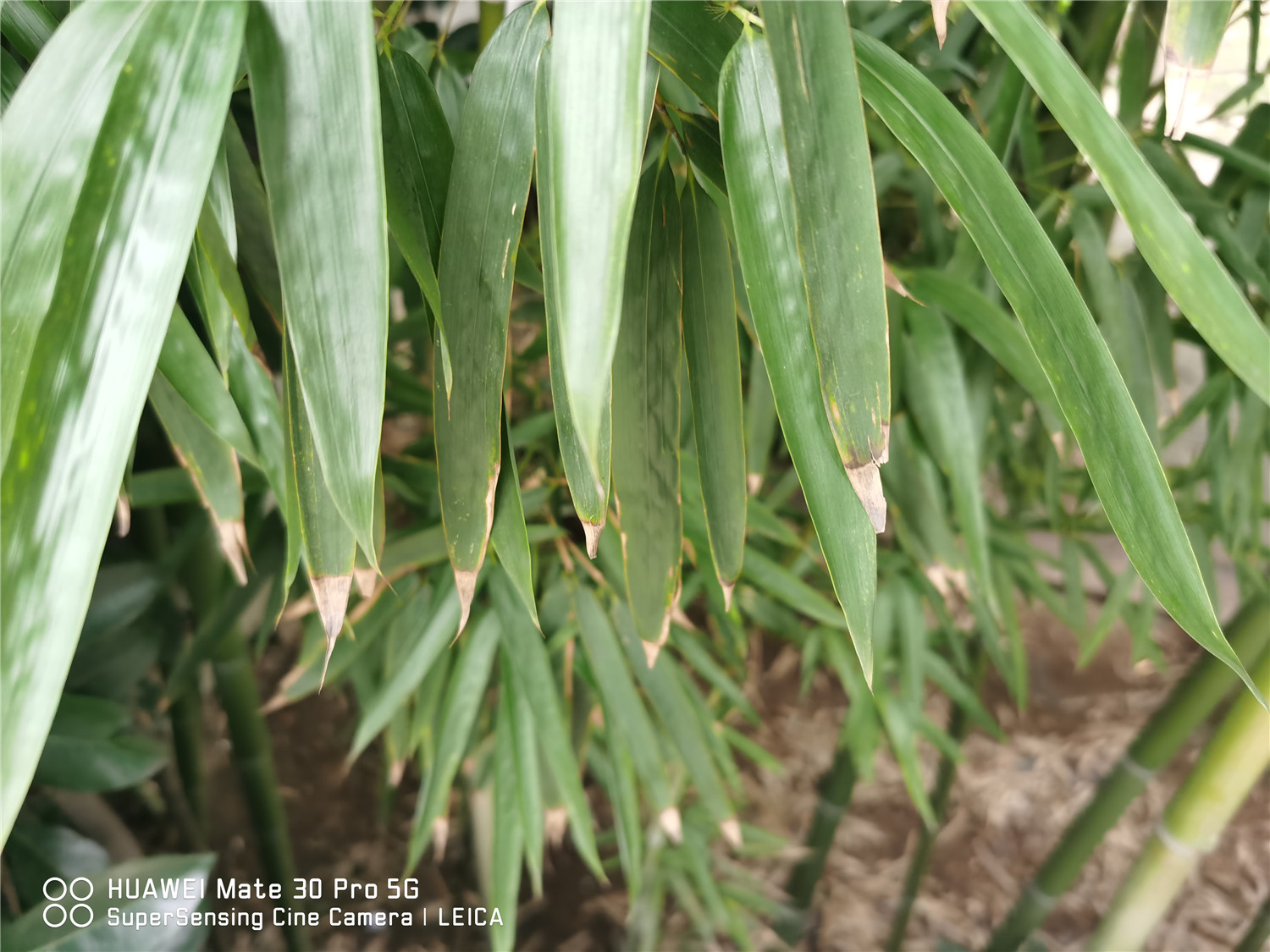
Moso Bamboo
also known as Phyllostachys pubescens, the bamboo stalk can be up to more than 20 meters high and the diameter of the bamboo stalk can reach 18 cm. Moso bamboo is mostly distributed in the south of the Yangtze River in China, and the growing moso bamboo accounts for 85% of the world's total. Moso bamboo has a unique growth process. In the first five years of planting, the aboveground part is almost not long, only the underground root. However, in the rainy season of the sixth year, the supply of sufficient water makes its aboveground part rush for about half a month at the speed of 6 feet a day, and finally it can grow to about 20 meters high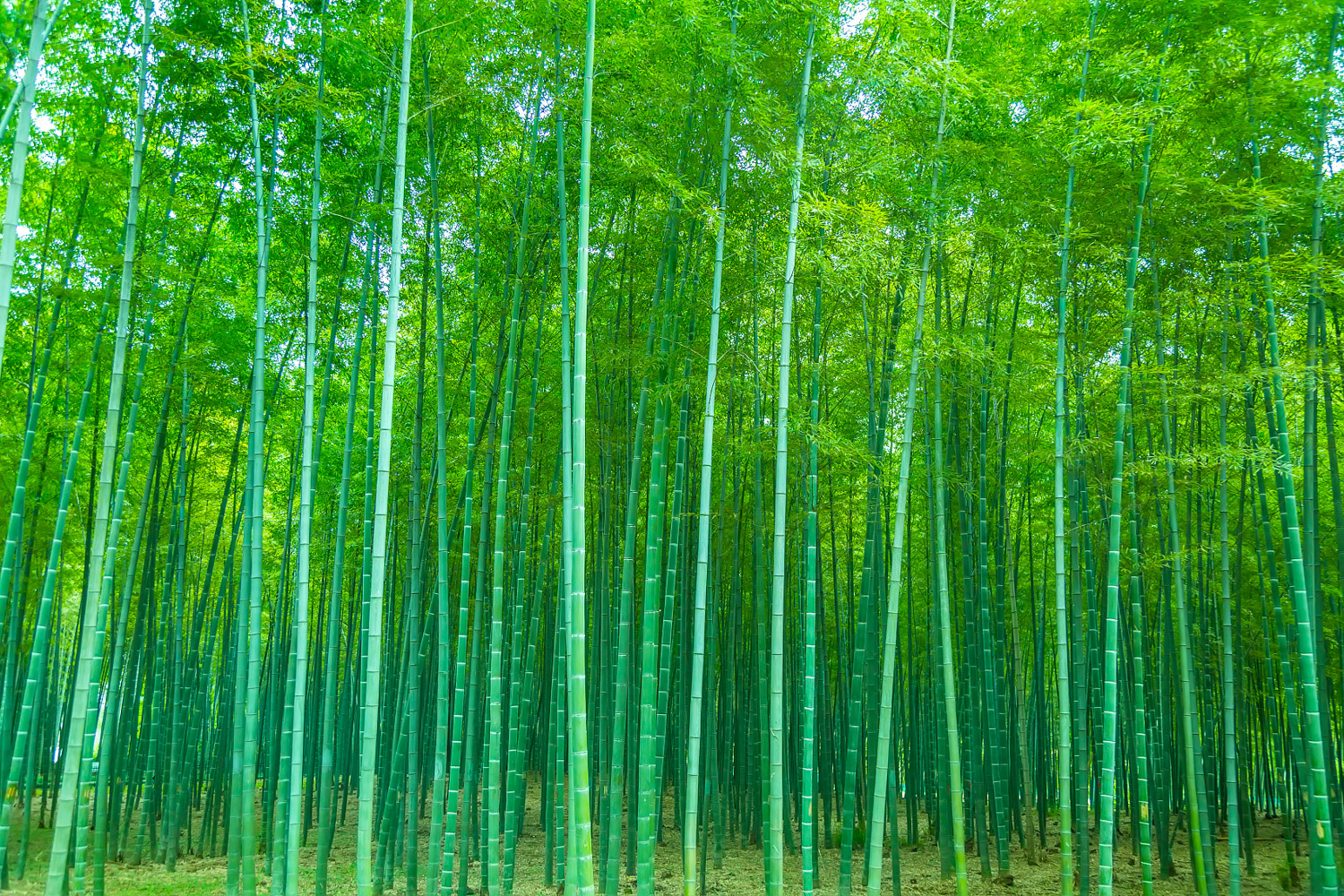
Purple bamboo
whether purple bamboo was first heard from the purple bamboo forest of Guanyin Bodhisattva in the South China Sea. As the name suggests, purple spots gradually appear on the bamboo pole one year after planting, and finally the whole bamboo pole turns purple black. Purple bamboo is mainly distributed at the junction of Hunan and Guangxi in China. Purple bamboo is mostly used for courtyard viewing. The bamboo is relatively tough. It can be made into fishing rods, walking sticks and other handicrafts, as well as Xiao, flute, huqin and other musical instruments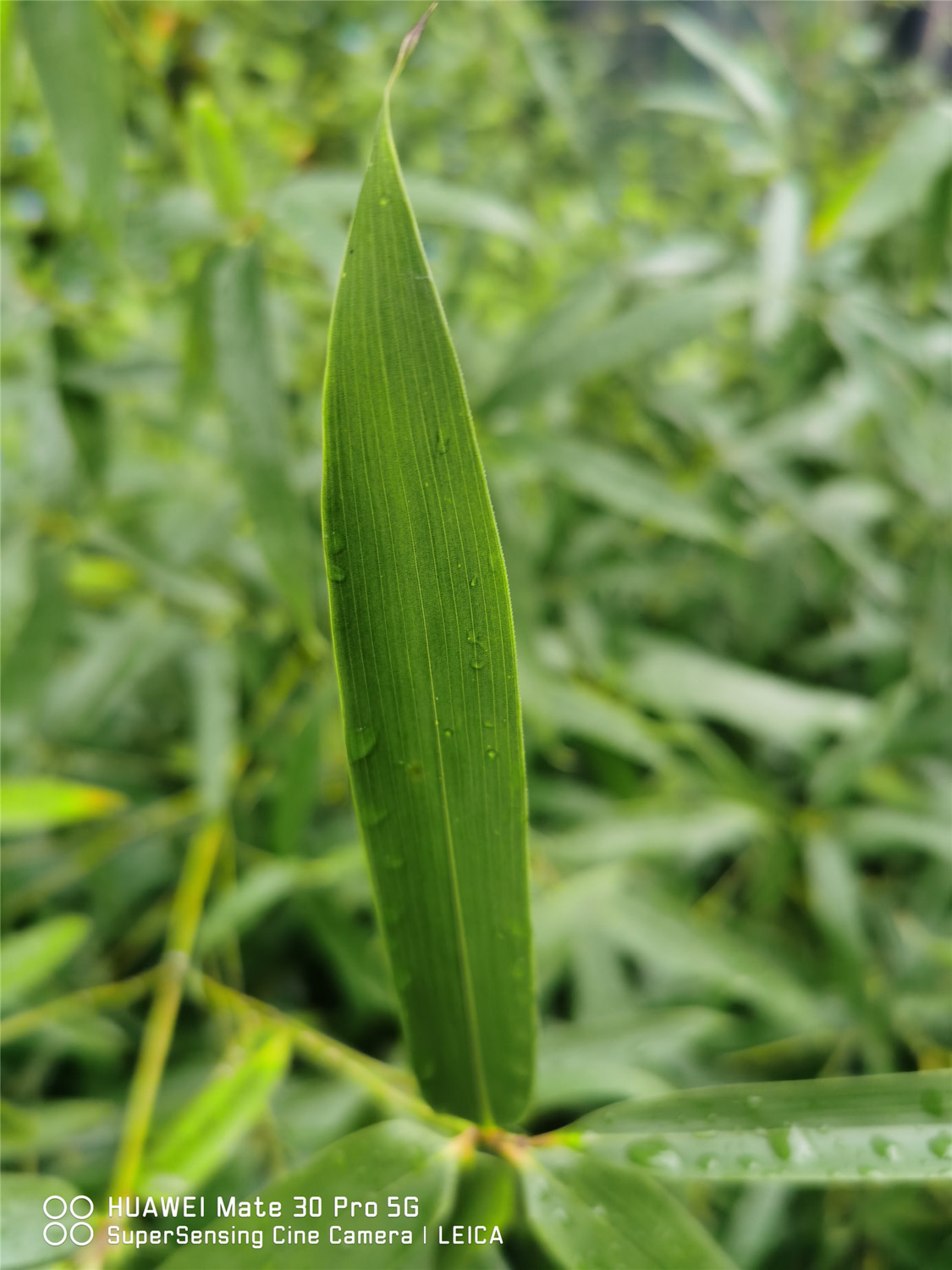
Phoenix Tail Bamboo
Phyllostachys pubescens has dense clumps, short, thin but hollow culms, 1-3m high, 0.5-1.0cm in diameter, thin stems, small leaves and lanceolate shape. Phyllostachys pubescens is suitable to be planted in the courtyard or as a bonsai plant, with high ornamental value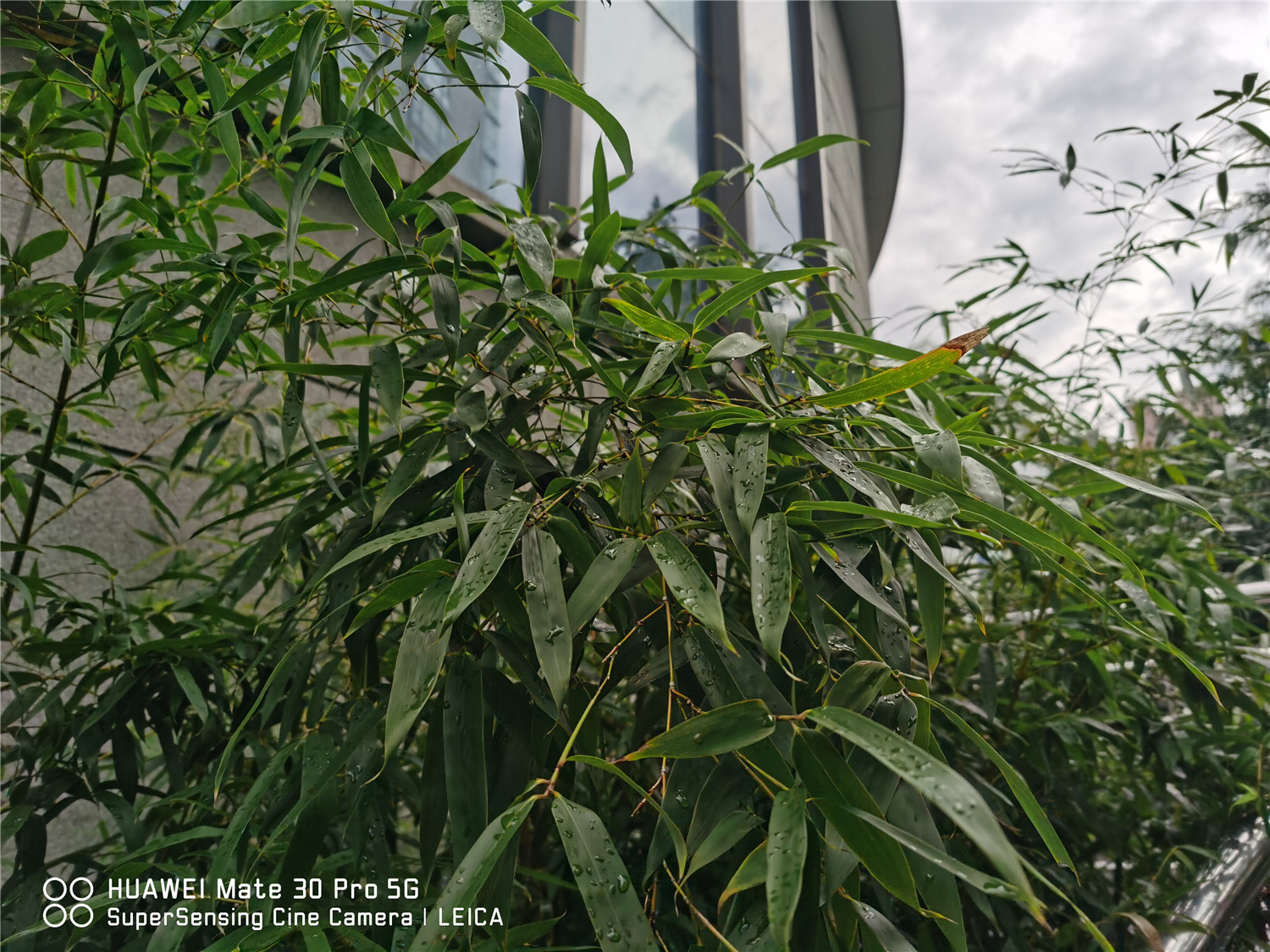
Long branch bamboo
the height of long branched bamboo stalk is 10-20m, the diameter is 5-12cm, and the pitch is 25-50cm; It is mainly distributed in hilly areas such as Fujian and Taiwan. It is a good material for building shelterbelt belt. Bamboo stalk can be used to prepare agricultural tools such as rice screen, bamboo basket and dustpan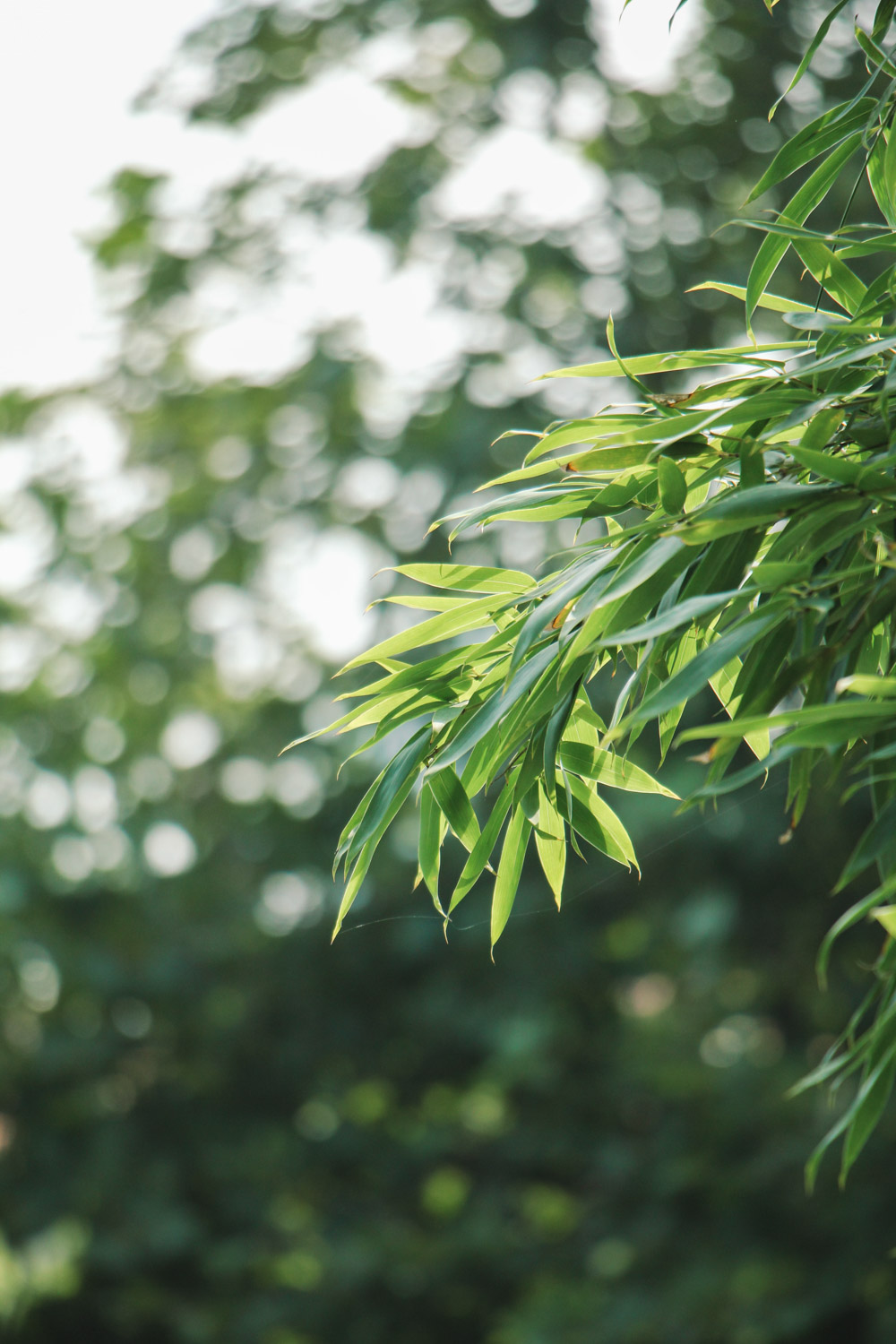
Buddha belly bamboo
Buddha bamboo is also known as Buddha belly bamboo. As its name suggests, the pitch is relatively short, and the expansion is like the belly bulge of Maitreya Buddha; When young, the bamboo stalk is dark green, and the surface is slightly covered with white powder. When old, the bamboo stalk becomes olive yellow. Bamboo stalks are peculiar in shape, simple and elegant. They are mostly used as potted plants with good ornamental effect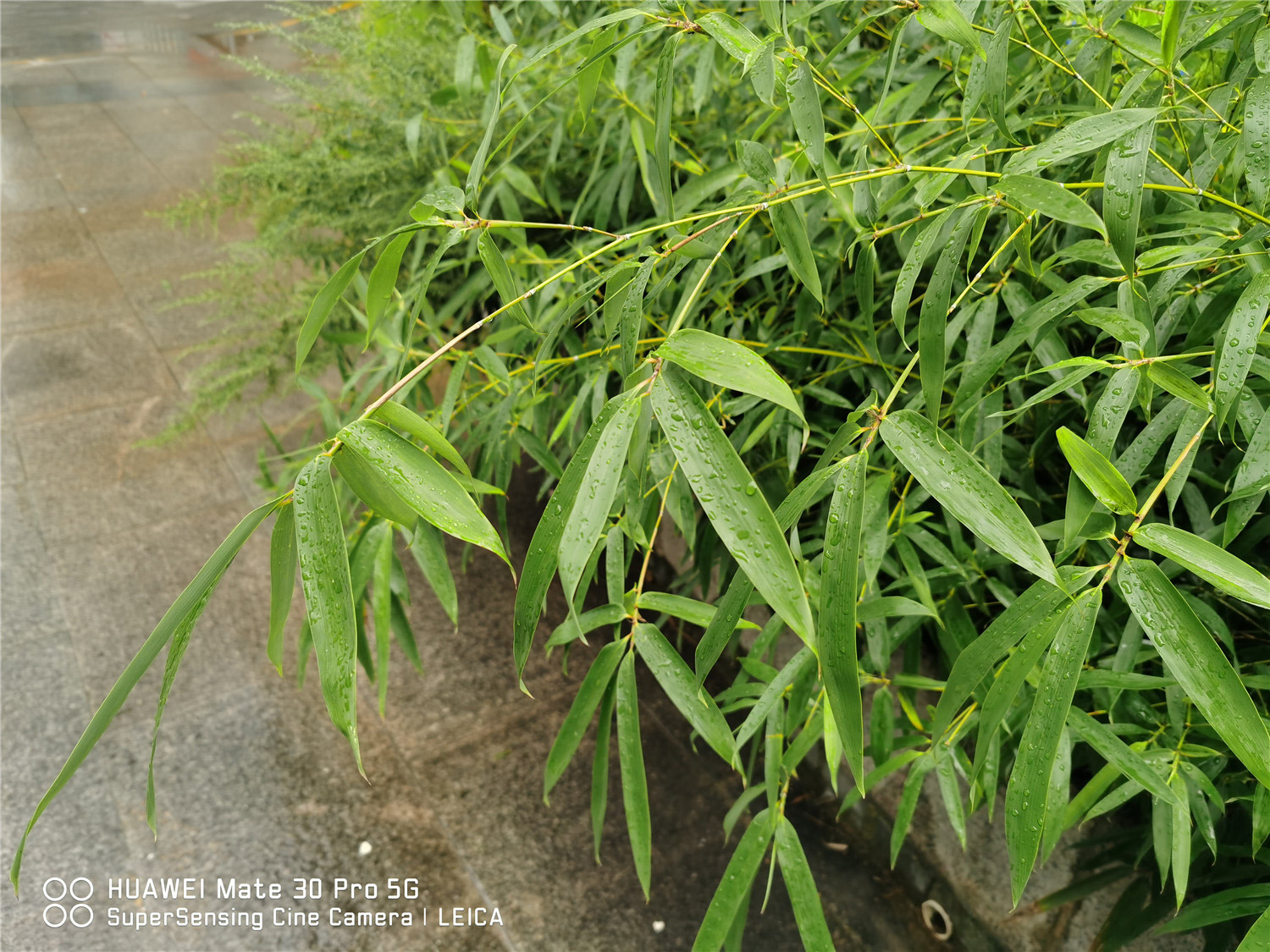
Tortoise shell bamboo
tortoise shell bamboo can be as high as more than 20 meters. The prominent feature is that the bamboo joints are like tortoise shells. They are mostly distributed in the middle and lower reaches of the Yangtze River and the south of Qinling and Huaihe rivers. They are treasures in bamboo and can also make high-grade handicrafts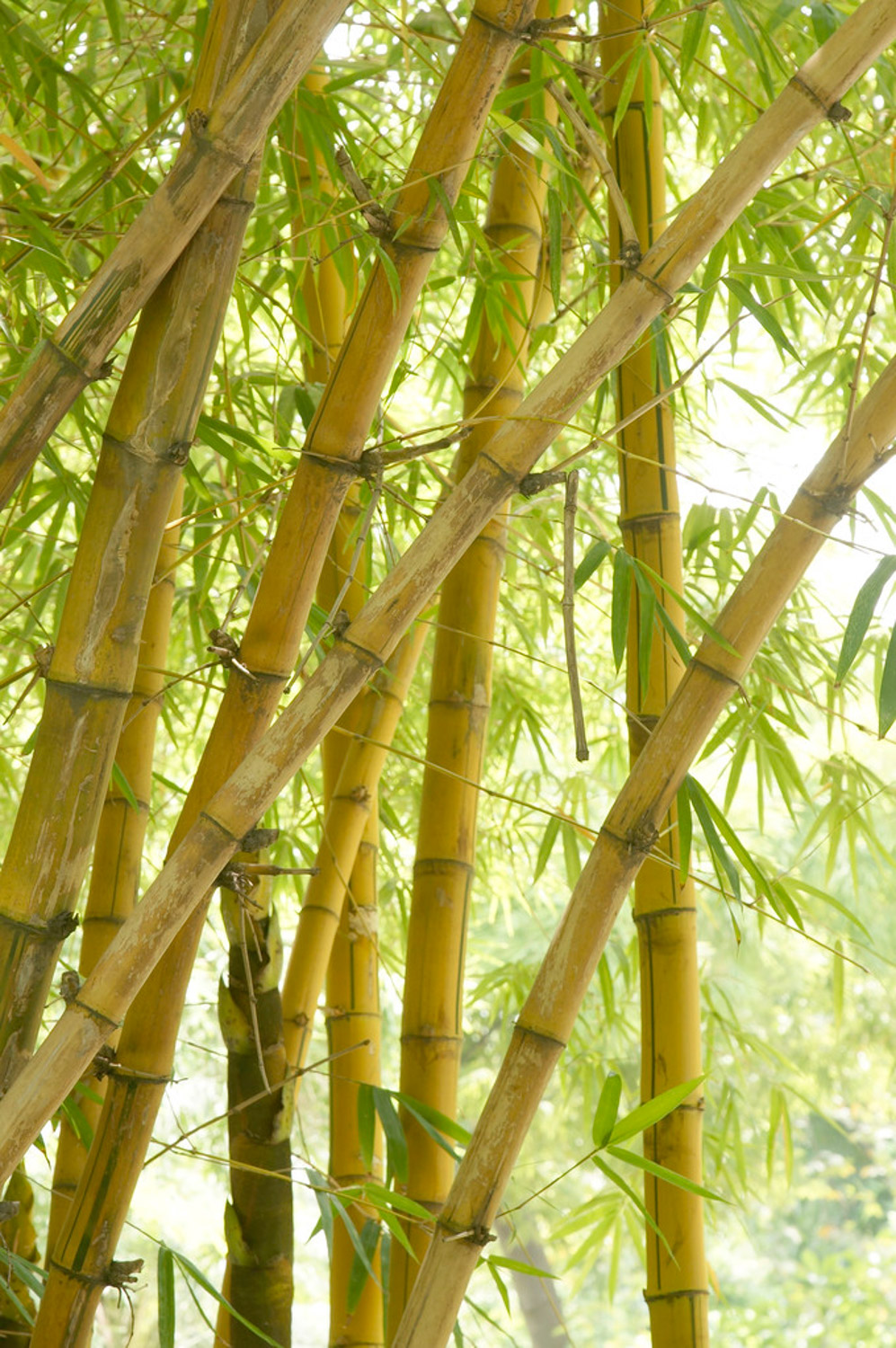
Gold inlaid jade bamboo
the prominent feature of golden inlaid jade bamboo is that each section has a green shallow ditch, and the position is staggered. From a distance, it seems that there are pieces of Jasper inlaid in the middle of the gold bar, which is very similar to the handicraft of gold inlaid jade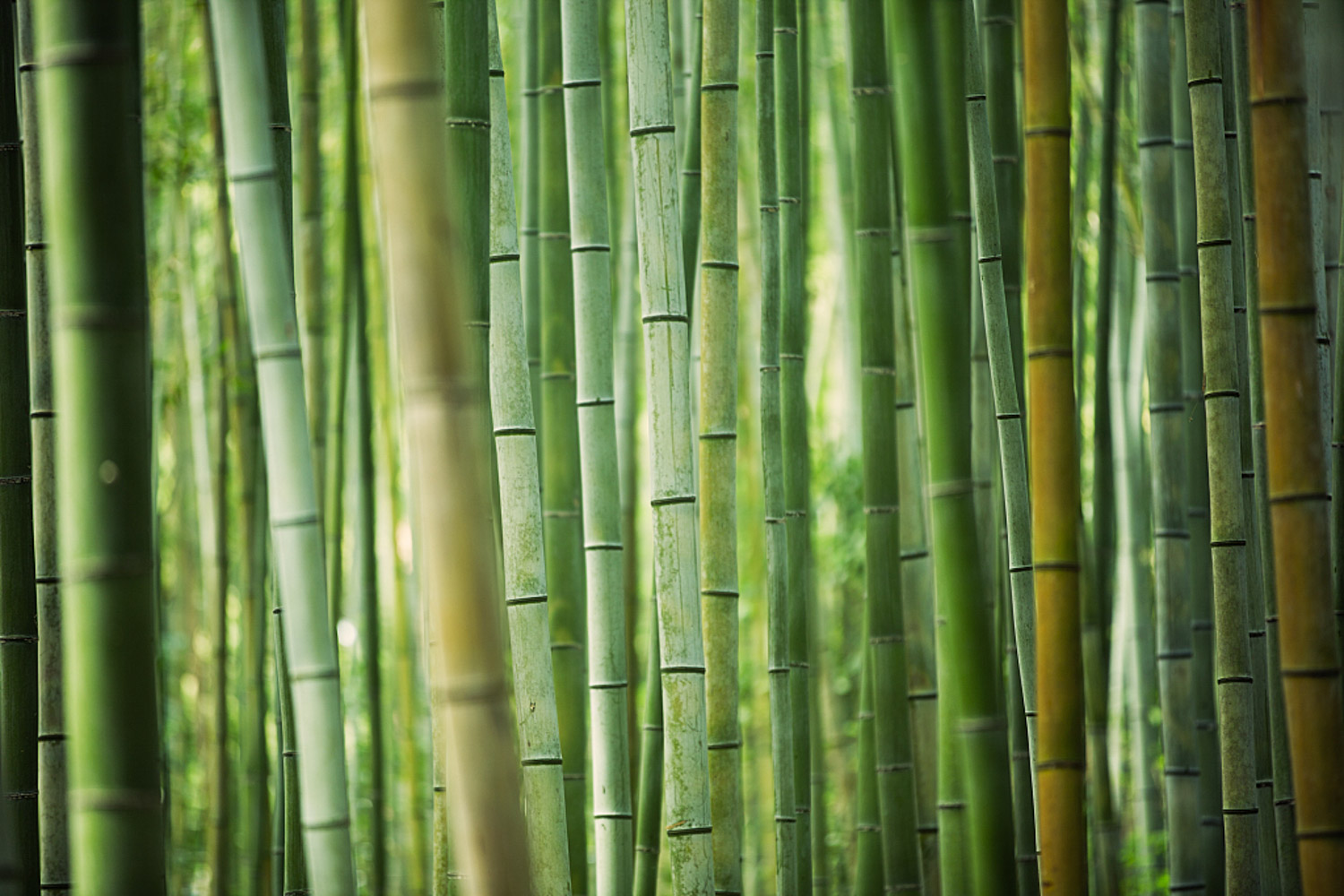

 jackfruit
jackfruit snake plant
snake plant hibiscus
hibiscus hydrangea
hydrangea lavender
lavender Green roses climb al...
Green roses climb al... If you don't pay att...
If you don't pay att... Management of four g...
Management of four g...